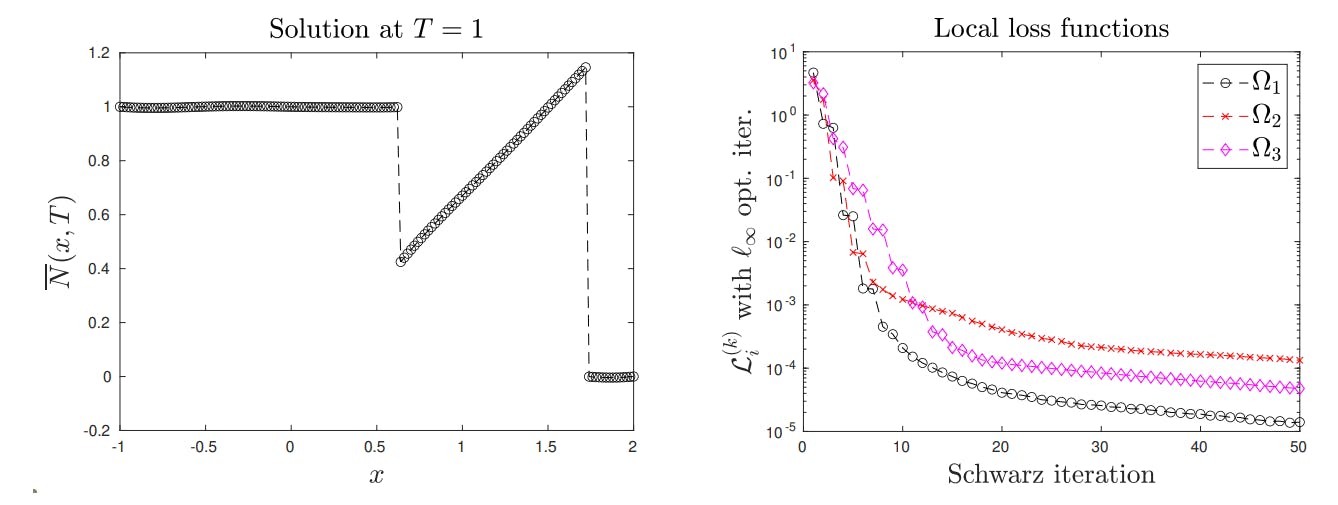There is no digital nomad economy without talent. And in Africa, that talent is not in short supply. Yet infrastructure gaps, visa restrictions, and patchy pay systems, means that for many Africans, being part of that nomad economy requires making the impossible decision between a rock and a hard place.
On the surface, it is easy to imagine that Africa’s digital workers remain because of choice. In truth, choice is part of the story, but rarely the whole. In addition to infrastructure shortages that complicate even the most basic aspects of living, securing visas that guarantee global mobility with an African passport is not only extremely challenging but expensive.
Leke Ariyo, who works at a global firm, said it took him three years of steady work before he could finally afford to relocate to the UK.
According to data published by Nigerian fintech Piggyvest, “japa,” the colloquial word for leaving the country, is consistently one of the reasons people save money.
The foreign link, Trump, and remote work
If infrastructure and visa bureaucracies closed doors, foreign companies have opened new ones. With the rise of distributed work teams, from entry-level developers to senior product managers, Africans are now hired remotely by firms across Europe, North America, and Asia. Some of these firms go on to sponsor talent on skilled worker visas.
But that merry cycle could get punctured after the US President Donald Trump, who has been vocal about limiting work visas to prevent companies from hiring abroad and undercutting American talent, issued an executive order to hike application fees for skilled worker visas.
On September 19, Trump signed the order to increase the fee for applying to the H1-B non-immigrant visa by $100,000 to curb overuse. Foreigners will also pay $1 million to secure a “gold card” for US residency and companies will pay $2 million for a “corporate gold card” to sponsor one or more foreign employees.
The H1-B is a skilled worker visa widely used in Silicon Valley to attract foreign talents. Created in 1990, Americans have argued over the years that these visas undercut local employees.
The signed order means it will now become more expensive for US companies to sponsor foreign talent; with this constraint, employers will only want to spend to relocate the absolute best.
“We’re going to be able to keep people in our country that are going to be very productive people,” said Trump. “And in many cases these companies are going to pay a lot of money for that and they’re very happy about it.”
This Trump move could inadvertently stem the brain drain for talent in other countries. For example, India is known widely as one of the talent factories for Silicon Valley employers. With sponsorship becoming expensive, it could curb relocation of foreign talent, even across African countries.
On the other hand, the new regulation could force more US employers to turn their attention back to remote hiring to the levels seen after the pandemic, opening more opportunities for African talent to work from home and earn in a stronger foreign currency.
Is pay disparity a deal-breaker?
Even with a pay disparity compared to their Western peers, earning in stronger currencies changes lives. In Nigeria, Kenya, or Ghana, a remote salary denominated in dollars or pounds can place workers far ahead of their peers in similar roles locally.
Adewale Yusuf, the CEO and co-founder of TalentQL, a talent development startup, and AltSchool Africa, an edtech company, has spent years connecting African talent to global opportunities. His perspective is clear.
“Africa is not yet the talent factory many people think it is,” he said. “India has more people working in technology than Nigeria has in its total population. We still need scale.”
He acknowledges that African professionals are increasingly earning abroad without relocating, but the gulf in pay remains a sensitive topic.
“The reality of someone living in San Francisco is different,” Yusuf explained. “Rent alone can be $7,000 a month. Outsourcing exists because companies are looking for affordable talent. If we keep demanding American salaries, we will lose jobs to India.”
For many, the remote pay packet becomes both a solution and a stepping stone. It allows them to live comfortably at home while saving toward relocation, or it provides the very work experience that foreign employers later use to sponsor skilled visas.
In this way, foreign companies play a dual role: they enable more Africans to stay put in the short term, but they also set the stage for relocation when the chance arises.
What governments must fix
As much as foreign companies can influence the trajectory of talent, the heaviest responsibility rests with African governments. Infrastructure and access gaps play a dual role of attack and defence. They keep many talents at home, but they also risk pushing them away once those professionals achieve upward mobility and gain access to global options. Unless the foundations are strengthened, Africa’s best minds may still choose to exit when the opportunity aligns.
Bitange Ndemo, Kenya’s ambassador to Belgium and the European Union, has been outspoken on this point. In an article published in October 2024, he argued that African governments carry the largest share of responsibility in unlocking the continent’s latent potential. Beyond economic and political management, he placed emphasis on human capital.
“Many developing countries struggle with inadequate education systems, resulting in a workforce that lacks the skills for higher productivity and innovation,” he wrote. “Investment in education and training is essential for empowering individuals and driving economic growth.”
Governments, in his view, must intentionally build the systems that encourage talent to remain, from reliable infrastructure to credible institutions. Without such investment, the luck of retaining skilled workers will run out, especially as more achieve international visibility.
Between leaving, staying, and returning
Should more African talents stay home and build? Framing the question this way risks posing it as a false decree; as if individuals must choose between their ambitions and their responsibility to the continent.
But the same reasons that keep people at home today can become the reasons they leave tomorrow. As their careers advance with increased pay, and access to global opportunities widens, relocation becomes easier. When foreign employers offer chances for global mobility to extremely skilled workers, many will take it.
Yet Africa’s story is not only about drain. Many who leave return. They bring capital, networks, and experience back to the continent. Some of the most successful founders in Africa’s tech ecosystem are those who built careers abroad and later came home to build for Africa. In this sense, the cycle of talent is not linear but circular, a constant flow of exit, return, and reinvestment.
Yusuf believes this dynamic is Africa’s strength. He insists that staying rooted is not simply an act of optimism. It is also a competitive advantage.
“This is home,” he said. “Africa is home. This is where I know, and this is where I have an advantage.”
We would love to hear what you think about this edition of Digital Nomads. Share your thoughts and ideas with us here.


-Reviewer-Photo-SOURCE-Simon-Hill.jpg)







